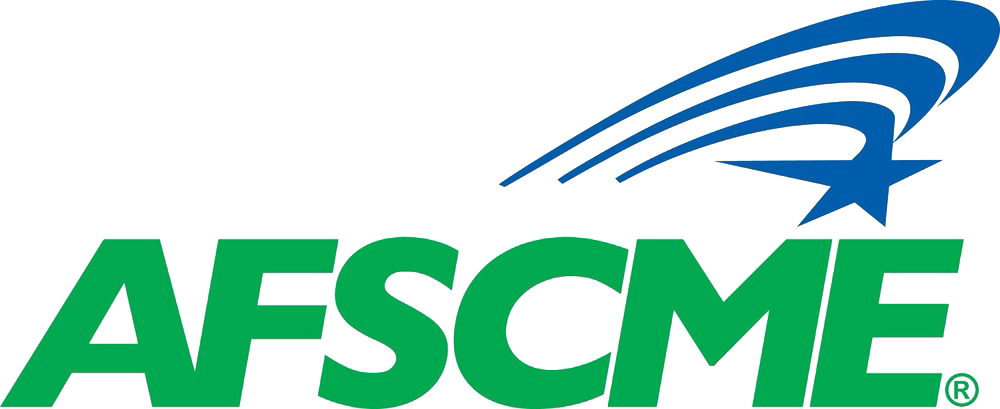Months into bargaining with the University of Washington, WFSE members feel disrespected by UW’s resistance towards better pay and benefits for the staff that keep the university clean, safe, and functioning.
“Meeting with management, talking about kind of how things are done, management isn’t on the same page about how things are done at the medical center versus the main campus,” said Erik Hellen, a food service worker at UW and WFSE bargaining team member.
WFSE members at UW have been making noise after food banks were established at the main campus and medical centers by employees tired of watching their coworkers and their families go hungry. Employees had to beg UW to establish these worker-supported food banks. UW resisted, despite hungry employees coming to Employee Health asking for resources.
No worker should have to rely on food banks while UW prospers!

During the President’s Circle Garden Party, WFSE members gave information about UW’s food banks to wealthy donors gathering to hear University of Washington President Ana Mari Cauce speak about the wonderful things UW is achieving. While Cauce waxed poetic about the world-class institution and guests enjoyed hors d’oeuvres and wine, community members gathered with workers to chant “Food banks won’t pay the bills, UW workers deserve fair deals!”
The UW pays Cauce a salary close to $1 million.
Many donors approached members afterward, including Michael White, the Deputy Chief of Staff for King County’s Executive, to express support for a fair contract for WFSE members.

This is one of many actions that UW workers have taken to show management they aren’t backing down this bargaining season.
During lunch breaks, custodial staff and plant services tried speaking with their bosses and HR. While plant services were able to have an amicable discussion with management, HR stared through the windows in their second-story offices as custodial staff asked them to come out and talk about the issues staff face daily.
Most of these issues involve fighting to survive in such an expensive area. With the cost of living skyrocketing in Seattle, workers are asking for wages that fight the toll inflation is taking everywhere, from the grocery store to housing costs. They are asking for wages that allow them to live in the community they serve.
“I wish that UW’s bargaining team would agree to half the things we propose,” said DonTazz Williams, a food service worker at UW’s main campus and a member of WFSE’s bargaining team, adding that he felt confident in his bargaining team and the wins they could get for WFSE members this session.

Many workers must live hours outside Seattle to afford housing for their families and leave home hours before their shifts to avoid traffic or to navigate the several bus transfers required to reach Seattle from rural parts of King County, or sometimes as far as Snohomish County.
The workers being pushed out of Seattle care about the University but consistently look for better-paying jobs since they can no longer afford to live in Washington on UW’s salary.
Many of the positions held by WFSE members at the UW are held by immigrants.
Despite the University emphasizing its mission to embrace the global community and its “standard of excellence,” they refuse these to extend the decency of a living wage to the global citizens in their workforce.

